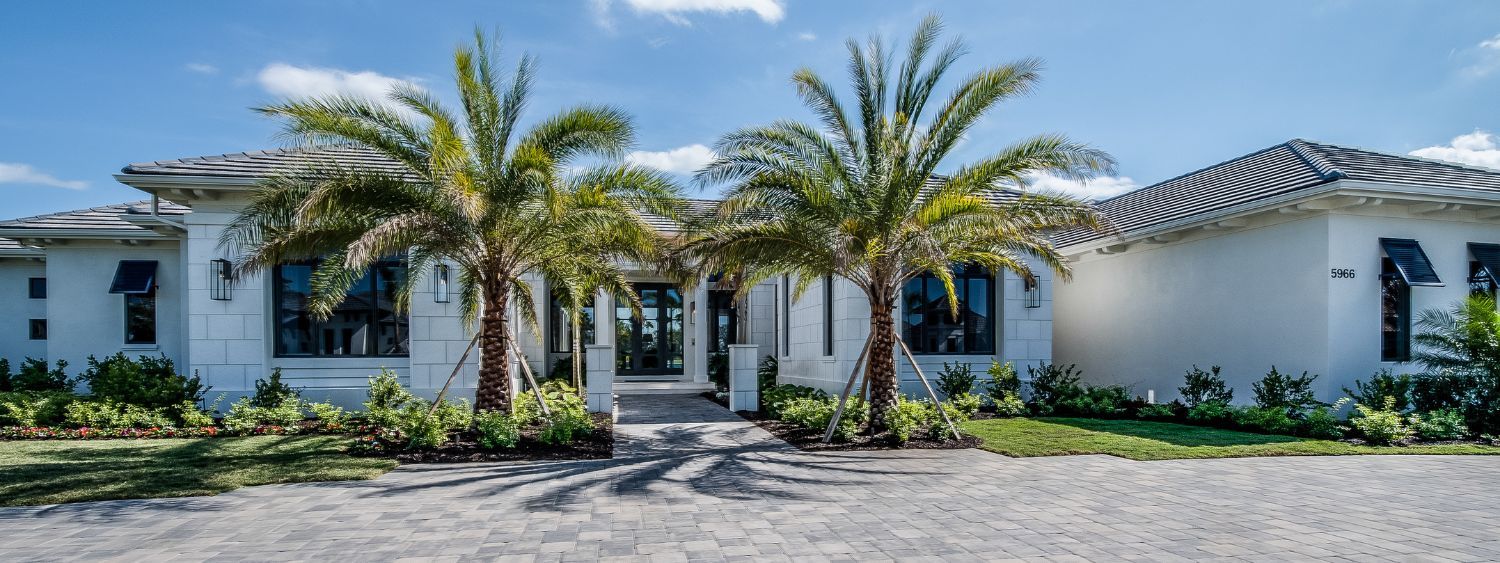Your Mortgage Resource Center
Client Success Stories
If you care, you help
Being a great mortgage broker goes beyond finding the best loan.
Rate Change
How some independent shopping and knowledge of the mortgage industry saved a home.
What A IRRRL Refi Meant To A Deserving Veteran
Many of our veterans don't know about this fantastic loan program to help you refinance.
TOP 10 Mortgage Questions
source: motley fool
-
Do I need great credit to get a mortgage?
Not necessarily, but it will certainly help. It is possible to get a conventional mortgage with a FICO credit score as low as 620, and you can obtain a higher-cost FHA mortgage with a score in the 500s. However, be aware that the lower your score, the higher your interest rate will be. On a $250,000 mortgage, the difference between a 620 credit score and an "excellent" 760 adds up to more than $86,000 in interest savings over the life of a 30-year loan.
-
How much of a down payment do I need?
The short answer is that you can get a conventional mortgage with as little as 3% down, an FHA loan with 3.5% down, and a VA or USDA loan with no money down at all. However, with a conventional or FHA loan, you'll have to pay private mortgage insurance, aka PMI, if your down payment is less than 20% of the home's sale price. (Those payments won't be a permanent fixture in your monthly payments, however. Once the loan-to-value ratio on your mortgage falls to 80%, you can ask your lender to drop them. And even without your request, lenders are required to cancel PMI when the loan-to-value ratio drops to 78%.)
-
What are closing costs, and how much should I expect them to be?
The term "closing costs" refers to all of the charges you'll need to pay before your loan is completed. This can include origination fees, title insurance, prepaid escrows, and more. Closing costs can vary based on the loan program, credit score, and many other factors. Call us today to get a better idea of what your closing costs may be, (813) 679-9117.
-
Should I choose a fixed-rate or an adjustable-rate mortgage?
When interest rates are historically low, like they are now, a fixed-rate mortgage makes good financial sense. Not surprisingly, the vast majority of mortgages originated today are fixed-rate. In fact, only about 3% of buyers are choosing adjustable-rate loans.
That said, while a fixed-rate mortgage is the best choice for the majority of homebuyers, there are some circumstances where an ARM may be better. For example, if you expect to sell the house before the fixed-interest period ends and the rate starts to float, an ARM could end up saving you thousands of dollars. Or, during periods of falling interest rates, an ARM can allow you to get a low initial rate, and will save you money later if rates drop further.
-
Should I "lock" my interest rate?
A rate lock means that you're guaranteed today's mortgage interest rate for some predetermined period, typically 30 to 60 days. If interest rates have been trending upward, it's generally a good idea to lock in your rate. While the prevailing mortgage rate doesn't usually make a big move in a month or two, it's certainly possible.
-
What type of mortgage is best for me?
There are several different types of mortgages to choose from. A conventional mortgage is tougher to qualify for credit-wise, but an FHA loan can be costlier. If you're a veteran, a VA loan could be the best option for you, and if you plan to buy a home in a rural area, a USDA mortgage could give you a no-money-down option.
-
What are discount points, and should I pay them?
Discount points are money that you pay up front on your mortgage in exchange for a lower interest rate. One "point" is equal to 1% of the loan amount, so on a $200,000 mortgage, one discount point would be $2,000. Discount points are tax-deductible, and mathematically, if the interest savings over the life of the loan is greater than the points paid, it can be worth it. A mortgage calculator can help you determine whether discount points are a good idea by comparing the effect of various interest rates on your mortgage.
-
Should I get a 15-year or 30-year term loan?
This depends on how much you want to stretch your budget. If you can afford the higher monthly payments, a 15-year mortgage usually comes with a better interest rate than a 30-year version. Not only will you pay off the house quicker, but you can save a tremendous amount of interest. On the other hand, a 30-year mortgage will cost less per month, allowing you to afford a bigger or nicer house, or one in a better location.
-
What documentation should I gather?
We may ask for many different items, but in general, be prepared to show all of the following:
- Income verification (Last two years' tax returns, W-2s, 1099s, and your last few pay stubs)
- Drivers' license and Social Security card (or alternative ID)
- Bank statements
- Proof of funds to close (and an explanation of where they came from if it's not obvious)
- If some or all of your down payment is coming from a gift, you will need a gift letter from the source of the funds that confirm they are a gift, not a loan.
-
Why does it take so long to close a mortgage?
Mortgages tend to take at least 30 days to originate, and many first-timers don't expect this much of a waiting period. The short answer is that a lot of things need to happen between you submitting your mortgage application and you taking ownership of your home.
Just to name a few: You'll need to gather documentation for your lender (and they'll always come back and ask for more, believe me); you'll want to schedule and complete a home inspection; the seller may need time to complete repairs, and the loan needs to make its way through underwriting. It's a lengthy process. I've bought three homes in my life, and I can tell you firsthand that it's a lot to get done, even within a 30-day window.
Mortgage Calculator
Disclaimer: This calculator is used to determine principal and interest payments. Taxes, HOA Fees, homeowners, and flood insurance are not included in the final calculation. For a comprehensive calculation, click here.
Loan Tracking
1. Contract Received
2. Disclosures Signed
3. Underwriting Submission
4. Underwriting Approved
5. Loan Submitted with Conditions
6. Cleared to Close
7. Closing Documents Issued
Home Buying 101
GARDNER MORTGAGE CAN HELP!
Home buying is all about balancing your wants, your needs, and your budget. Start to think about neighborhoods, school districts, number of bedrooms, bathrooms, square footage, yard size, condo, signal-family, waterfront, countryside, and everything else that makes a house a home. That is the fun part, dreaming. Now it is time to make that dream a reality and get financed. Find out how much you can afford by using our calculator below. You can also
schedule a free analysis with one of our mortgage specialists.
Home Buying Steps
1) It starts with a call
2) That leads to a conversation
3) That identifies your goals
4) Which starts an application
5) That leads to a pre-approval
6) Which means you can bid on a house
7) Finance your dream
8) And close on your new home
Disclaimer: While every effort has been made to ensure the accuracy of this calculator, the results should be used as an indication only. They are neither a quote nor a pre-qualification for a home loan.
Helpful Articles and Videos
Quick Contact Form
Address:
Contact:
Quick Contact Form
We will get back to you as soon as possible.
Please try again later.
Carole Gardner NMLS #374313 | Innovative Mortgage Services, Inc. NMLS #250769 - NMLS Consumer Access / Legal Disclaimer - This information is not intended to be an indication of loan qualification, loan approval, or commitment to lend.

Equal Housing Lender

All Rights Reserved | Gardner Mortgage Group








